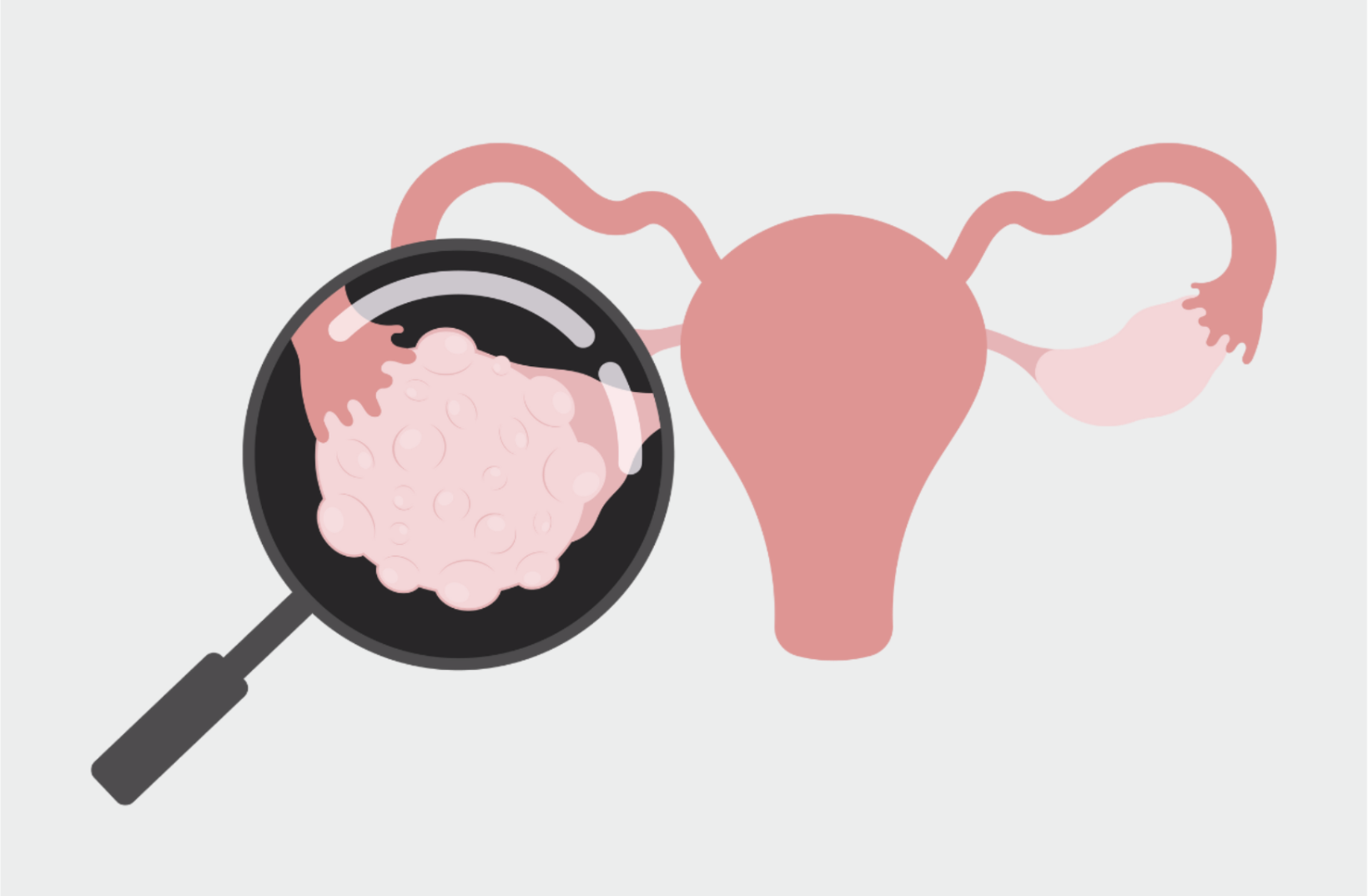

As women, we are born with all the eggs we’ll ever have, so it’s crucial to consider the health of our eggs as we age — and that includes accounting for the impact diet can have upon egg quality. The number of eggs we have decreases and the percentage of our eggs that contain genetic abnormalities actually increases the older we get. We’re just the messenger here!
To put this into perspective, women are born with around one to two million oocytes (or egg cells) and by the time we are around 37, this number drops to roughly 25,000. In addition, women in their 20’s will have mostly “normal” egg quality, while women in their 30’s will have mostly “abnormal” egg quality. Each of these factors plays a large role in why fertility may be harder to achieve as we celebrate each birthday.
Before we dive into how to improve egg quality with diet, let us first explain that currently, there is no “test” for egg quality. The only way to know if an egg is chromosomally normal is to try and fertilize it, and if successful, perform genetic testing.
Is there an egg freezing diet?
Yes! What we’re putting into our body (both for better or for worse) can greatly influence the health and quality of our eggs. And during the cycle of an egg’s journey, there is a window of time (90 days) in which certain factors — like diet — can influence the health of that egg. So, it can take roughly three months to improve the quality of your eggs. I recommend optimizing your egg health for at least 90 days before egg freezing.
When it comes to boosting egg quality, here is where we’d recommend starting:
Omega-3 fatty acids
Omega-3’s are a rockstar when it comes to women’s health and reproductive functions, and egg quality is no exception. Studies have demonstrated a diet rich in omega-3 fatty acids may help improve egg quality.
However, not all sources are created equal! The omega-3 fatty acids you find in plant-based foods like chia seeds and walnuts, while definitely healthy, are nowhere even close to being as beneficial to egg quality as animal-based sources like fatty fish (think salmon, trout, mackerel, sardines, and tuna). This is because animal-based sources contain EPA and DHA (the kind of omega-3’s that are actually helpful for this purpose), while plant-based sources contain ALA which then needs to be converted into DHA and EPA. Unfortunately, the conversion rate is less than 10%.
Vitamin D
Studies have shown women undergoing IVF who had higher levels of the sunshine hormone (aka Vitamin D) produced better quality eggs and were more likely to conceive. Not only that, but Vitamin D deficiency has been linked to other hormonal imbalances and anovulatory infertility. Basically, Vitamin D packs a powerful punch if you’re seeking to improve your egg quality.
The easiest way to get Vitamin D is to head outside for some sunshine for 15-20 minutes per day, but you can also work it into your diet with foods like eggs (specifically the yolk), salmon, herring, sardines, and tuna.
CoQ10
Coenzyme Q10 levels gradually decline as we age, so this coenzyme is especially important to consider when it comes to egg quality. Studies have demonstrated suboptimal CoQ10 status may drive age-associated declines in egg quality, so load on up. Some of the best sources of CoQ10 are organ meats, however, so if you’re not so keen on a diet loaded with liver, a supplement is a great way to go!
Inositol
Inositol is thought to increase insulin sensitivity of the ovary, which may help improve egg quality. Working a combination of myo-inositol and D-chiro inositol into your diet is preferable and while beans, oats, oranges, and cantaloupe are good sources, taking a supplement in the body's normal ratio of 40:1 is preferable here. Recent studies have shown that taking a combination of these two forms, in this ratio, is more beneficial than taking myo-inositol or D-chiro inositol alone.
Zinc
Zinc is a key regulator when it comes to egg quality and development! Research shows a zinc deficiency may negatively affect the early stages of egg development, reducing the ability of egg cells to divide and become fertilized. Good sources of zinc to work into your diet include oysters, beef, chickpeas, lentils, hemp seeds, pumpkin seeds, and pine nuts.
Antioxidants
Research shows antioxidants such as vitamins A and E may help with the mitochondrial function of our eggs by helping with DNA replication — which is what you want when you’re aiming for healthy, fertilized embryos. Other studies of antioxidants such as catechins, N-acetylcysteine, and proanthocyanidins have also demonstrated a benefit to mitochondrial function in several organ systems.
The best way to improve egg quality by getting a wide variety of antioxidants into the body is by simply eating the rainbow! This means stacking your plate with as many bright, colorful fruits and veggies as humanly possible.
Blood sugar balance
Blood sugar balance is super important for egg quality, even if insulin resistance is not an issue. This is because high levels of insulin may be associated with impaired egg quality. More recent data shows that a high starch diet, which was associated with a higher plasma insulin to glucagon ratio, had adverse effects on egg quality. To work towards better glucose control, focus on proteins, healthy fats, and fiber and limit meals and snacks that are full of naked carbohydrates.
The net-net on egg freezing and diet
In sum, what you put into your body (or what you don’t!) can have profound effects on the health and quality of your eggs. We recommend starting to work on egg health for at least three months before any fertility procedure. Use this list to help guide your diet and supplement intake so you can be on the path to improved egg quality!










